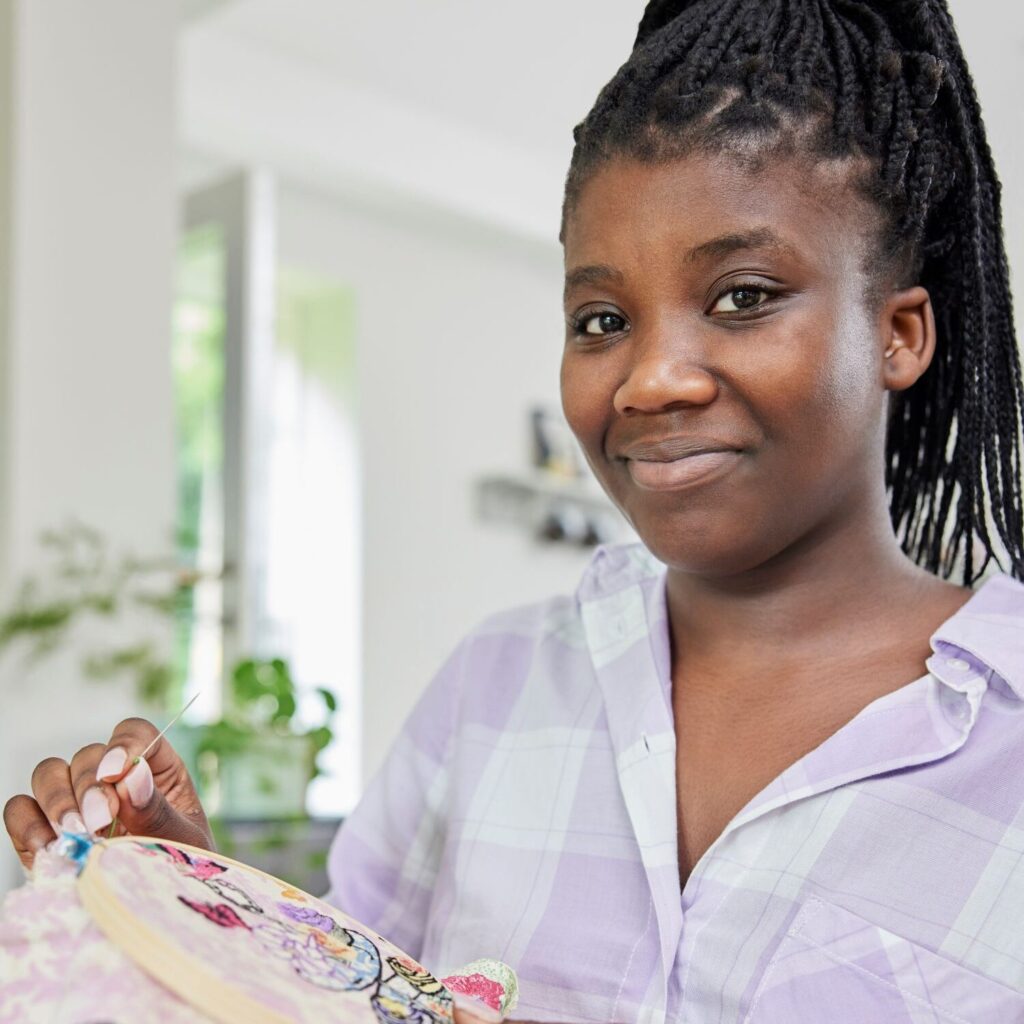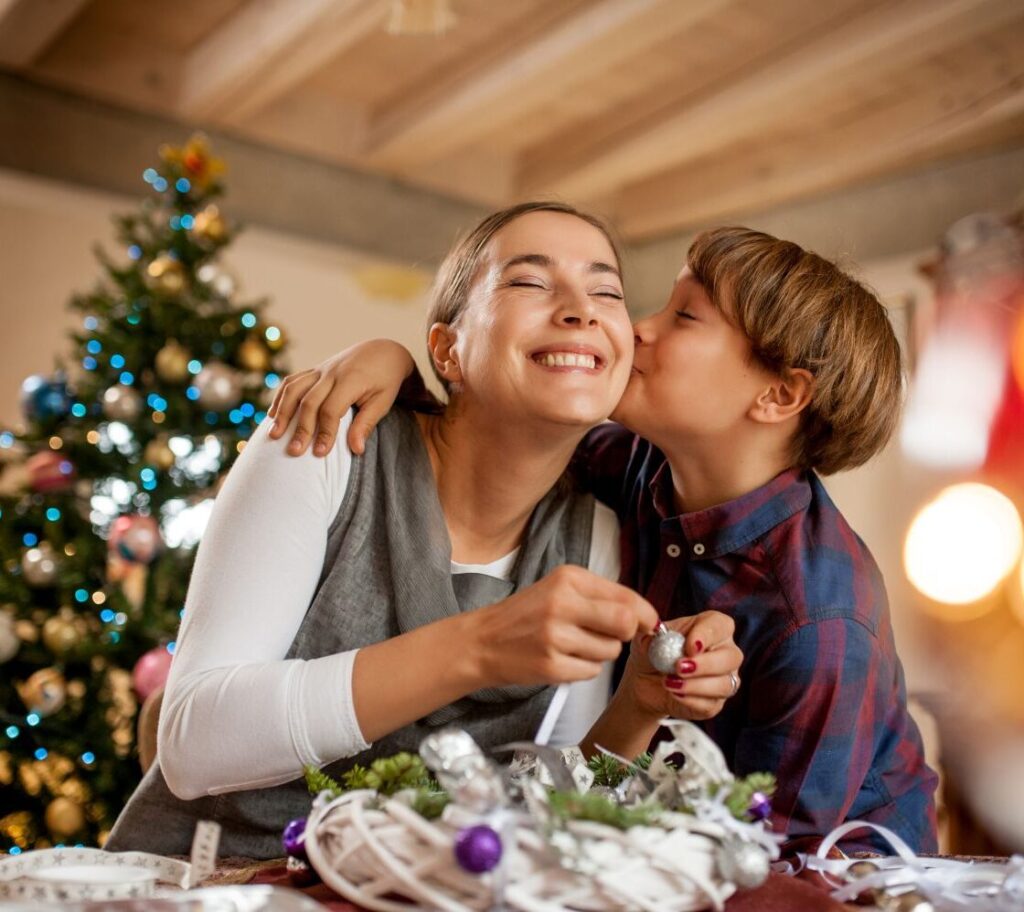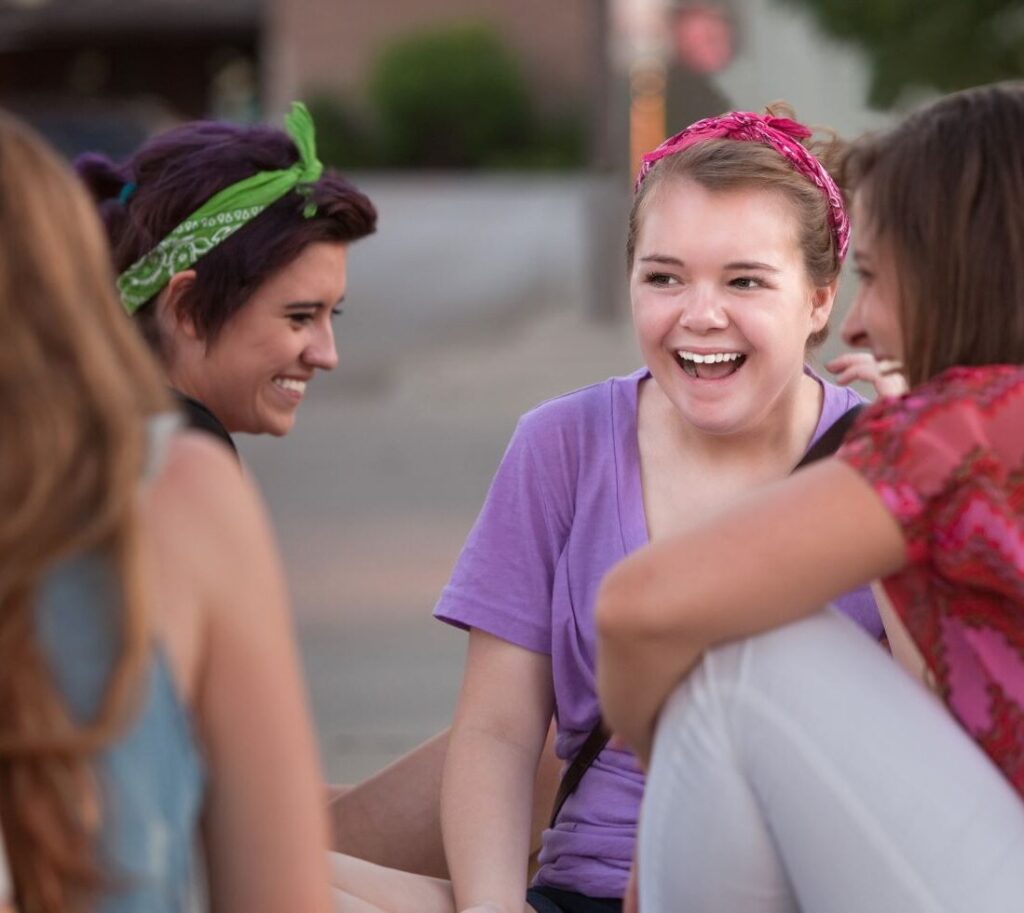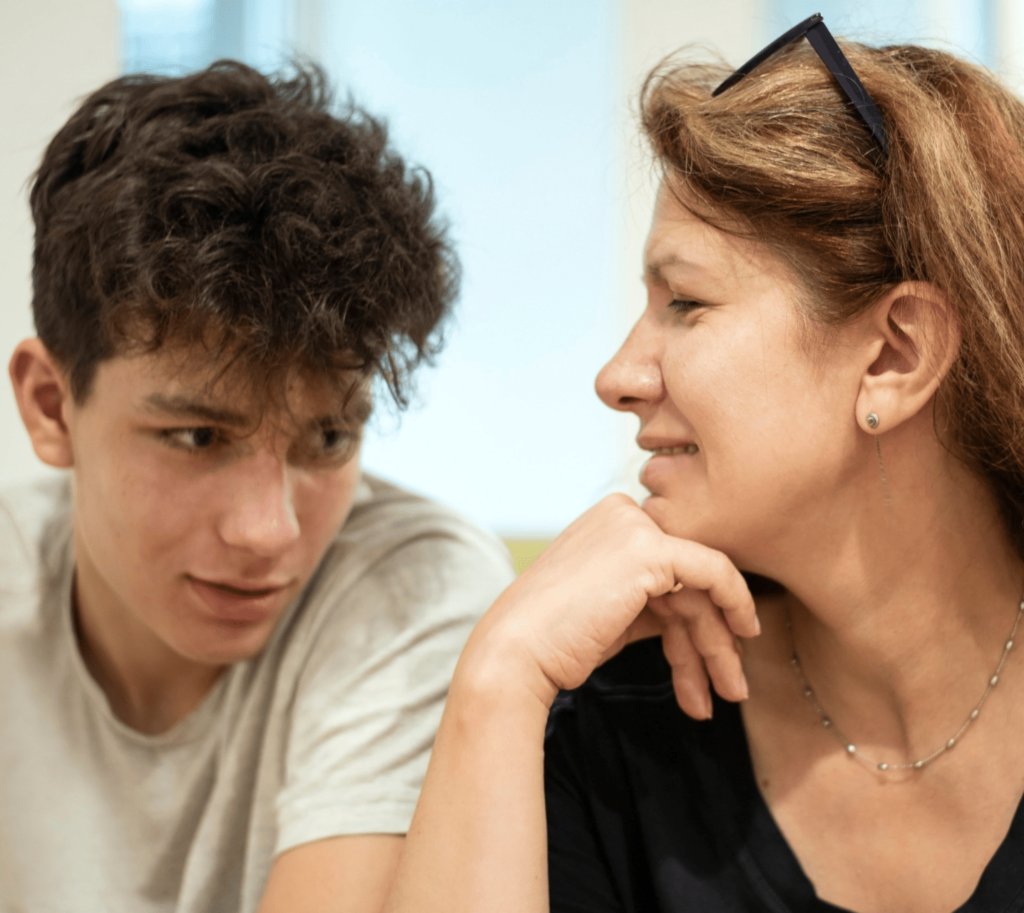Kayla’s brother has autism and can require a lot of support. She often takes on a parenting role to support her mum when she’s experiencing migraines, anxiety and depression. Her days are often split between supporting her brother with homework and helping him play, as well as helping her single mum with chores such as cooking and cleaning. We hear from Kayla’s mum and Sophie, a young carer practitioner who supports the family, about how there’s no shame in being a young carer.
Her brother can have angry outbursts, and Kayla is able to understand him, calm him down and help regulate his behaviour - she has a very good gauge of his feelings and emotions and she’s like a second mum.
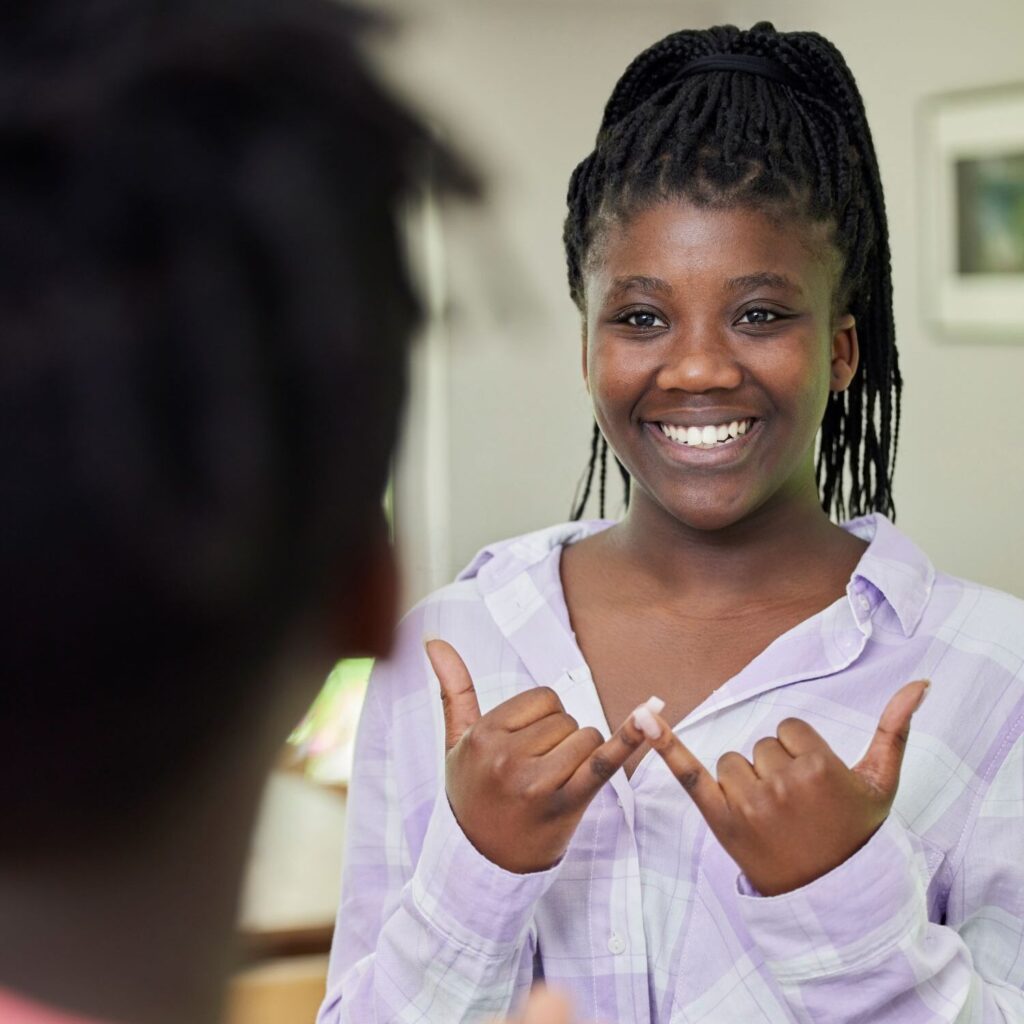
Her brother wasn’t verbal until he was seven and still struggles with speech and language, so Kayla’s learnt British Sign Language (BSL) at school and in her own time to help support him and communicate better with him.
While her mum admires the amount Kayla does for her brother and the calming effect it has on their home, she worries about the impact on her daughter.
She tends to put her brother before herself and doesn’t take account of what impact that has on her welfare. She feels a sense of responsibility for him.
As a result, Kayla was beginning to feel stressed and isolated in her role as a young carer, and it became increasingly obvious to Kayla’s mum that the family needed outside support.
At that point Kayla was referred to Family Action’s Young Carers service, where she met Sophie for fortnightly one-to-one sessions to discuss her caring role.
Sophie encourages Kayla to understand the emotional strain worrying about her brother’s happiness had on her, the link between her own happiness and her brother’s and the burden picking up the slack around the household might put on her.
We pick up on the things that Kayla tells me might make her life a bit easier and look, as a group, at how we can try to make positive changes.
She also helped her explore difficult topics such as how her brother’s behaviour made her feel in a safe space, with the aim of trying to help Kayla understand that she isn’t solely responsible for his wellbeing.
Working with the service has also removed Kayla’s mum’s worries about whether letting her daughter help was the right thing to do, or whether she was putting too much pressure on her.
While Kayla’s mum’s worries aren’t uncommon, people don’t always consider the positive things being a young carer can teach a young person, as Sophie explains, “Young carers often feel like they are learning new things, that they are better able to cope because of the resilience they are building up and that they are becoming a compassionate and empathetic person– these are the wonderful gifts being a young carer can give you.”
Despite the positives, acknowledging your child is a young carer can be understandably difficult for parents, but it’s important they do so that they can get the right support.
Sophie adds, “If you are worried about a young person caring for someone with mental or physical health needs or you think your child is taking on more of a mum or dad role either contact our service or contact Early Help. It is not a bad thing – there’s no shame in being a young carer. It’s important that the young person can still be a child and get some help and advice.”
Kayla feels happier since she met Sophie and that she gets more time to herself now, but her mum feels it’s had an even deeper impact – as she says, “It has been a real help knowing that Kayla has someone she can talk to – someone that has been there before. The young carers service gives Kayla a voice. She has a really good relationship with Sophie, and she always seems lighter when she comes back from a session.”
Donate
Young people need and deserve our support, not just as the adults of tomorrow, but for who they are and what they’re going through now. Support a young carer today.
